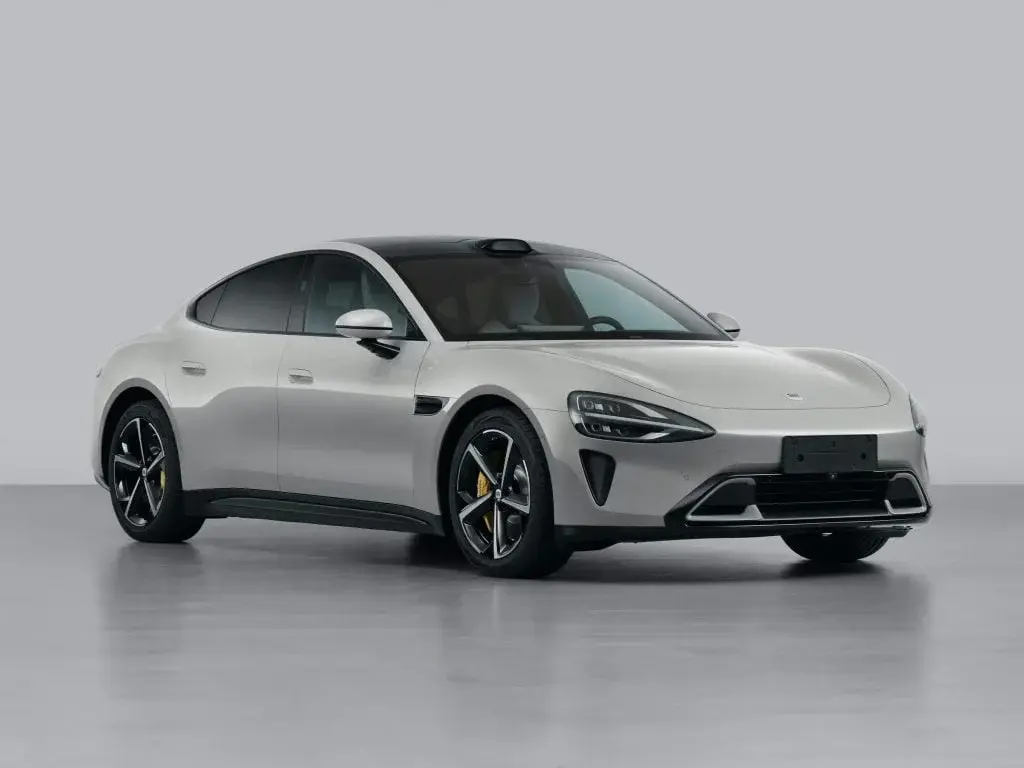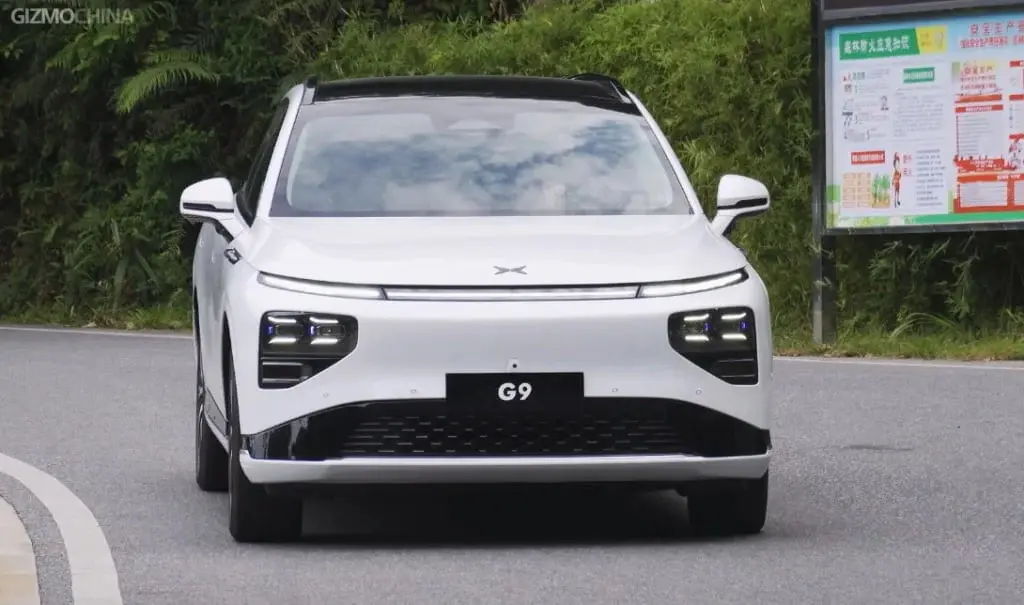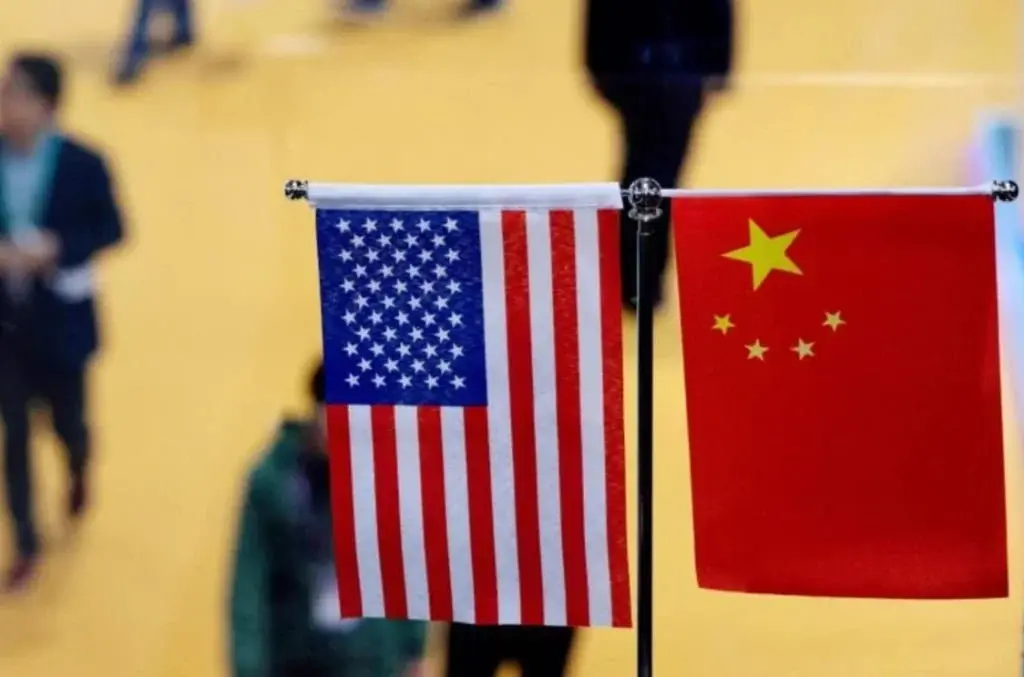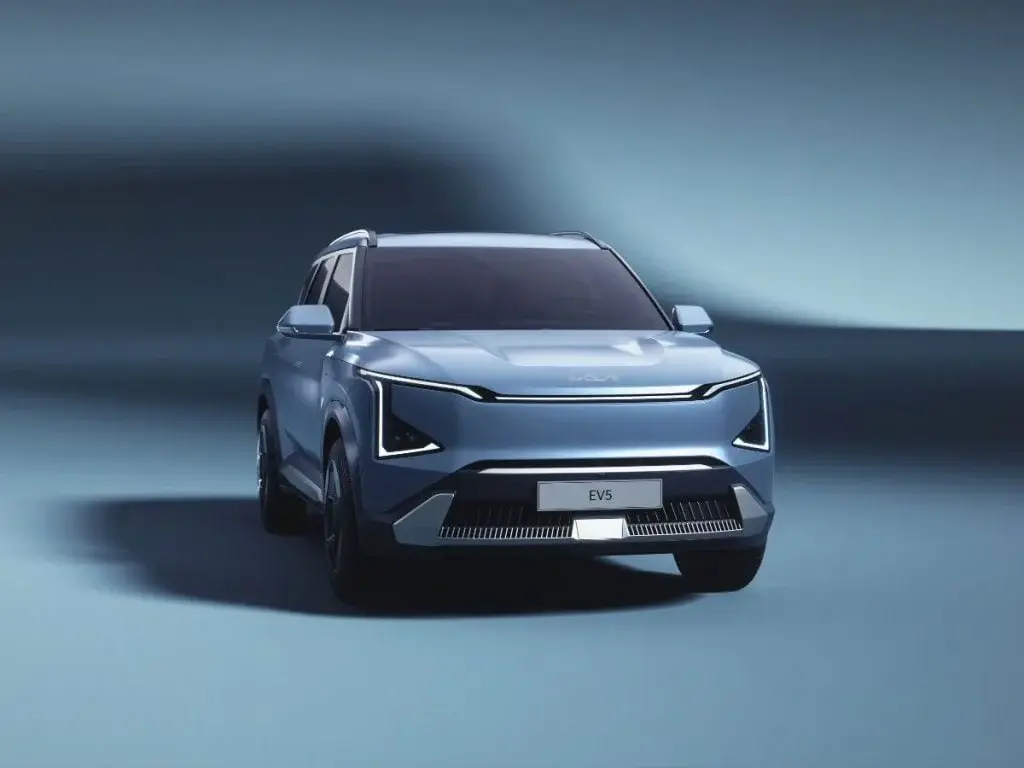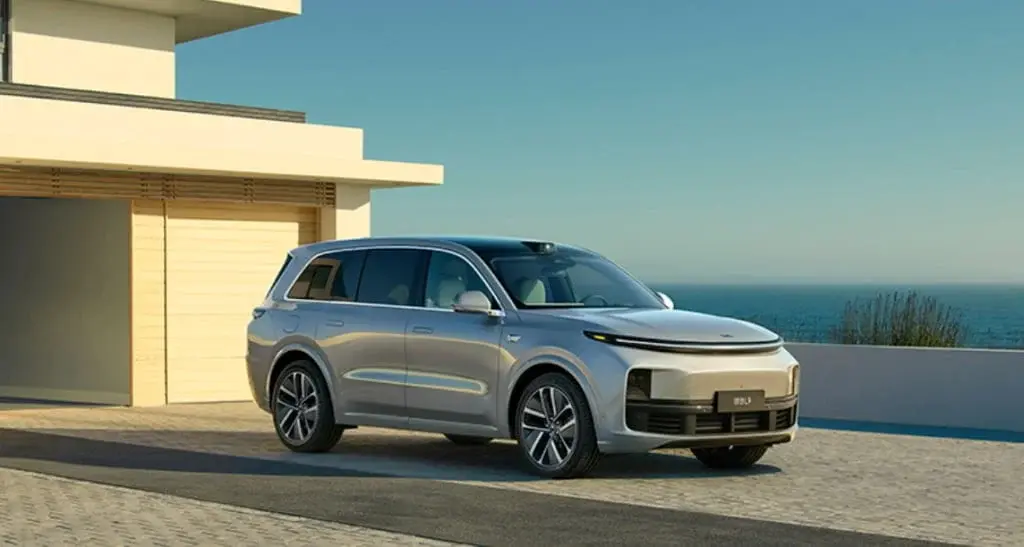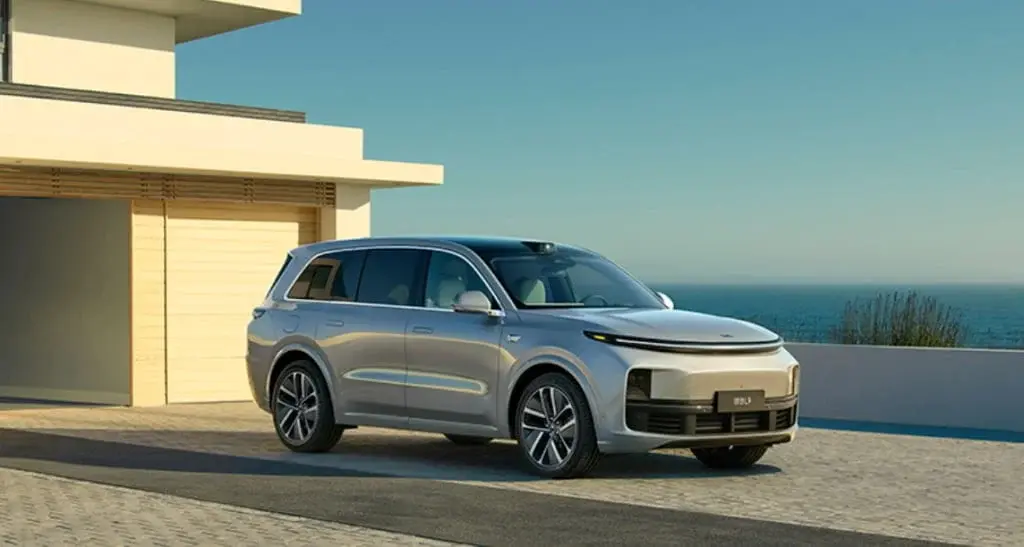NIO Reports 12% YoY Increase in Global Car Deliveries, But Questions Arise About Future Strategies
In November 2023, NIO, a prominent name in the electric vehicle (EV) sector, reported a 12% year-over-year increase in global car deliveries, totaling 15,959 vehicles. This figure, while indicative of growth, marks a decrease from the company’s monthly average of around 16,000 units over the past three months. Such a trend raises questions about NIO’s future strategies to enhance its sales and ensure profitability.
Sales Decline Despite Model Lineup Refresh
Interestingly, the decline in sales comes despite NIO’s efforts to refresh its entire model lineup. For instance, the ES6 model alone sold 11,000 units in July, indicating a strong initial customer response to the upgraded models. Yet, this surge seems to have lost momentum in subsequent months.
Concentrated Sales in China, Expansion in Europe
A significant portion of NIO’s sales is concentrated in China, but the company is also actively expanding in Europe. The sales breakdown for November included 10,545 crossovers/SUVs and 5,414 sedans. However, NIO hasn’t specified sales figures for individual models.
Falling Short of Sales Targets
Year-to-date, NIO has delivered over 142,000 EVs, a 33% increase compared to the previous year. This performance, although impressive, falls short of the company’s aspiration to double its 2022 sales figures of over 122,000 vehicles. With just a month left in 2023, achieving this target seems unlikely.
Technological Advancements and Strategic Collaborations
NIO’s product range includes eight models based on the NT2.0 platform, comprising five crossovers/SUVs and three sedans. The company’s technological advancements, such as the upcoming 800-volt battery pack architecture, could be a game changer in the EV market. Moreover, NIO’s collaboration with other Chinese manufacturers like Geely and Changan Automobile, especially regarding the use of its battery swap stations, might bolster its business.
As of November’s end, NIO’s network of battery swap stations expanded to 2,217, mostly in China, with a growing presence in Europe. This expansion is a strategic move, potentially increasing the attractiveness of NIO’s EVs due to enhanced convenience.
Conclusion
While NIO has experienced a year-over-year increase in global car deliveries, the recent decline in sales raises concerns about the company’s future strategies. Despite refreshing its model lineup and delivering impressive numbers year-to-date, NIO is falling short of its sales targets. However, with technological advancements and strategic collaborations in place, NIO remains poised to make significant strides in the EV market. The expansion of its battery swap station network further adds to the convenience and appeal of its electric vehicles. As the year comes to a close, all eyes will be on NIO to see how it navigates the challenges and capitalizes on opportunities in the ever-evolving EV industry.


